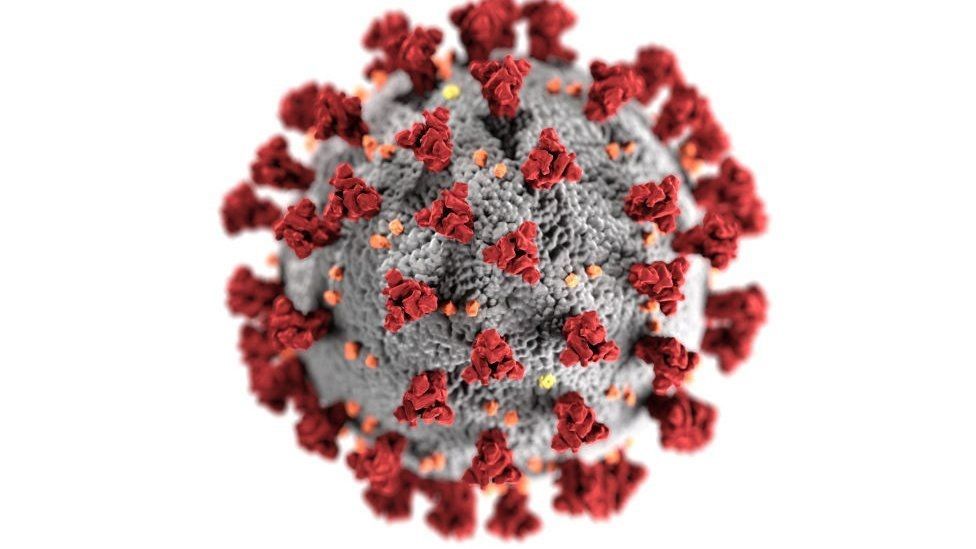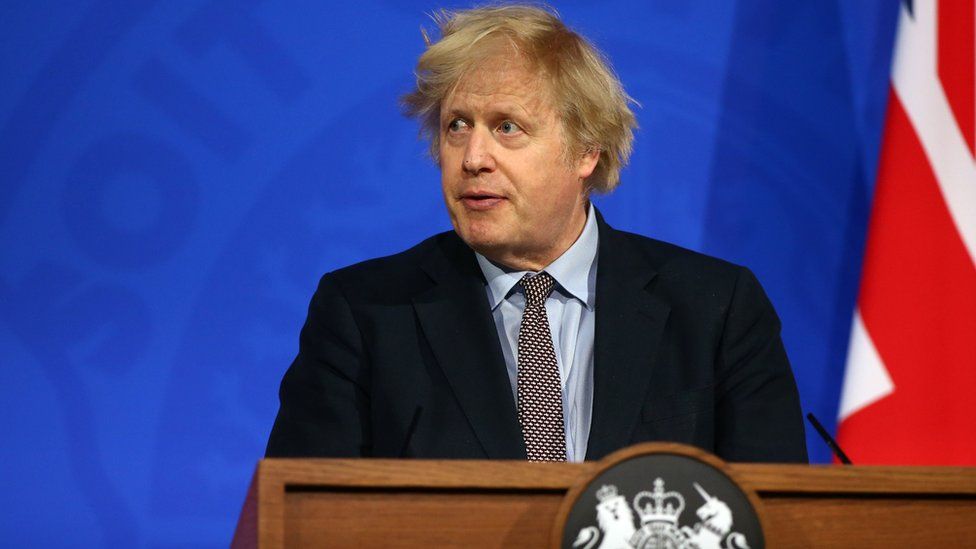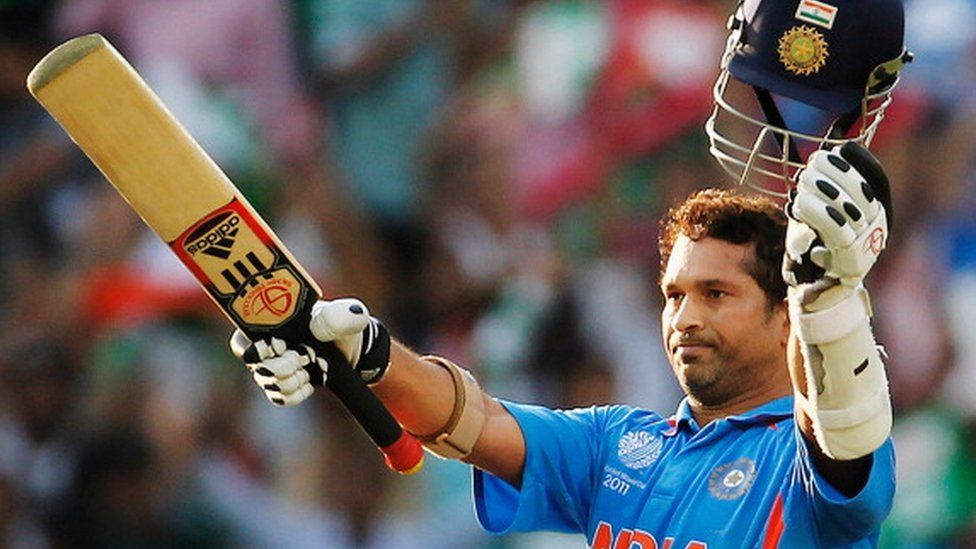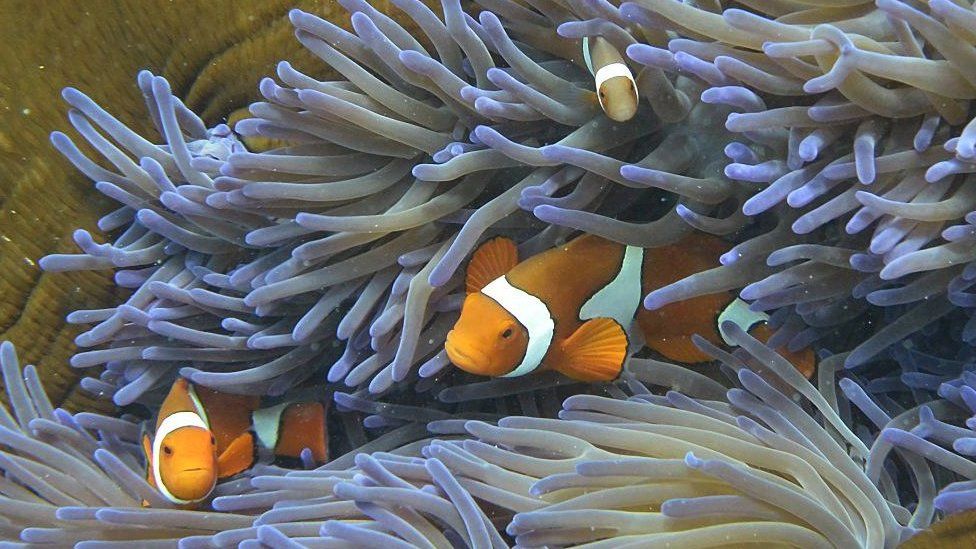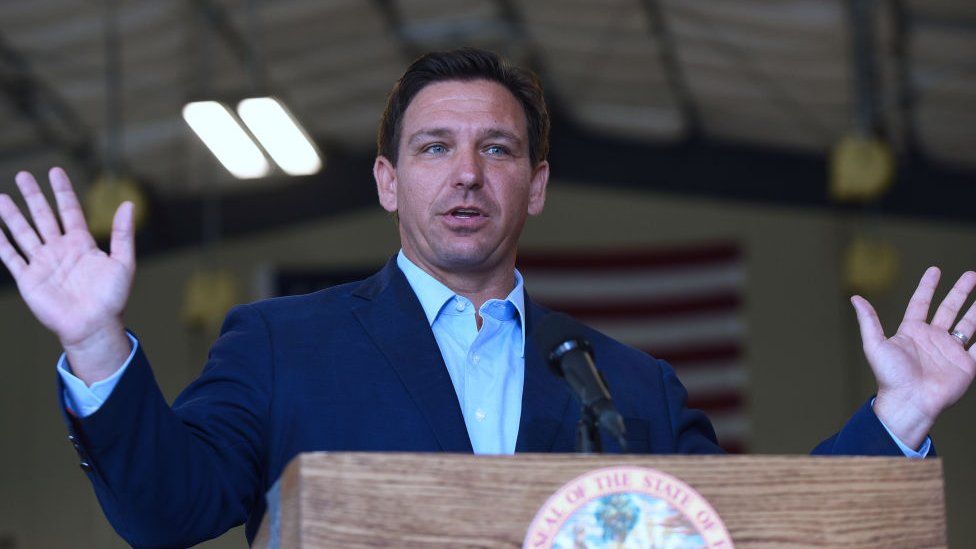COP26: World leaders promise to end deforestation by 2030

By Georgina Rannard, Nov. 2: More than 100 world leaders will promise to end and reverse deforestation by 2030, in the COP26 climate summit's first major deal.
Brazil - where stretches of the Amazon rainforest have been cut down - will be among the signatories on Tuesday.
The pledge includes almost £14bn ($19.2bn) of public and private funds.
Experts welcomed the move, but warned a previous deal in 2014 had "failed to slow deforestation at all" and commitments needed to be delivered on.
Felling trees contributes to climate change because it depletes forests that absorb vast amounts of the warming gas CO2.
UK Prime Minister Boris Johnson, who is hosting the global meeting in Glasgow, will call Tuesday's deal a "landmark agreement to protect and restore the Earth's forests".
"These great teeming ecosystems - these cathedrals of nature - are the lungs of our planet," he will say at a COP26 event later where world leaders are meeting to discuss forests and land use.
The two-week summit in Glasgow is seen as crucial if climate change is to be brought under control.
The countries who say they will sign the pledge - including Canada, Brazil, Russia, China, Indonesia and the Democratic Republic of the Congo, the US and the UK (the full list is here) - cover around 85 per cent of the world's forests.
Some of the funding will go to developing countries to restore damaged land, tackle wildfires and support indigenous communities.
Governments of 28 countries will also commit to removing deforestation from the global trade of food and other agricultural products such as palm oil, soya and cocoa.
These industries drive forest loss by cutting down trees to make space for animals to graze or crops to grow.
More than 30 of the world's biggest financial companies - including Aviva, Schroders and Axa - will also commit to ending investment in activities linked to deforestation.
And a £1.1bn fund will be established to protect the world's second-largest tropical rainforest - in the Congo Basin.
Prof Simon Lewis, an expert on climate and forests at University College London, said: "It is good news to have a political commitment to end deforestation from so many countries, and significant funding to move forward on that journey."
But he told the BBC the world "has been here before" with a declaration in 2014 in New York "which failed to slow deforestation at all".
He added that this new deal did not tackle the growing demand for products such as meat grown on rainforest land - which would require high levels of meat consumption in countries like the US and UK to be addressed.
Ecologist Dr Nigel Sizer called the agreement "a big deal" - but that some will find the target of 2030 disappointing.
"We're facing a climate emergency so giving ourselves another 10 years to address this problem doesn't quite seem consistent with that," said Dr Sizer, a former president of the Rainforest Alliance.
"But maybe this is realistic and the best that they can achieve."
What was the failed 2014 agreement?
The New York Declaration on Forests was a voluntary and legally non-binding agreement on deforestation in 2014
It aimed to half deforestation by 2020, and halt it by 2030 - and 40 governments eventually signed up. But some key countries like Brazil and Russia weren't among them
But the agreement failed, a report in 2019 found, saying deforestation was still continuing at an alarming rate
The deal's signatories will include a number of key countries.
Indonesia is the world's largest exporter of palm oil, a product found in everything from shampoo to biscuits. Production is driving tree destruction and territory loss for indigenous people.
Meanwhile, Russia's huge natural forests, with more than one-fifth of the planet's trees, capture more than 1.5 billion tonnes of carbon annually.
In the planet's biggest rainforest, the Amazon, deforestation accelerated to a 12-year high in 2020 under Brazilian President Jair Bolsonaro.
Asked whether leaders like Brazil's Mr Bolsonaro could be trusted to abide by the pledge, the UK's Environment Secretary George Eustice said "we should be really positive when countries engage".
"Last time there was an attempt at getting such a commitment on forests [in 2014], Brazil didn't take part, neither did Russia, neither did China.
"Brazil, they've really engaged with us on this agenda. It's a big step for them."
But pressed on whether the agreement will be enforceable, Eustice said: "It doesn't go as far into talking about enforcement mechanisms and so forth, that's not the nature of these agreements."
He said what was different about this pledge, in particular, is that there is "the finance to back [it] up".
Ana Yang, executive director at Chatham House Sustainability Accelerator, who co-wrote the report Rethinking the Brazilian Amazon, said: "This deal involves more countries, more players and more money. But the devil is in the detail which we still need to see."
She said it was a "big building block" in the mission to keep global temperature rising below 1.5C. But many people living in the Amazon, including in its urban areas, depending on the forest for their livelihoods and they need support in finding new incomes, she added.
Tuntiak Katan, from the Coordination of Indigenous Communities of the Amazon Basin, welcomed the deal, saying that funds should be invested in supporting indigenous communities who are able to manage and protect forests.
Katan, an indigenous Shuar from Ecuador, told the BBC indigenous communities globally protected 80 per cent of the world's biodiversity but faced threats and violence.
"For years we have protected our way of life and that has protected ecosystems and forests. Without us, no money or policy can stop climate change," he said.
One of the biggest causes of forest loss in Brazil is to grow soybeans, much of which goes to China and Europe for animal feed for pigs and chickens, said Dr Sizer. "We all end up consuming that unless we're strict vegetarians and we don't eat soy. It's a very serious problem that we're all connected with."
Trees are one of our major defences in a warming world. They suck carbon dioxide out of the atmosphere, acting as so-called carbon sinks. They absorb around one-third of global CO2 emitted each year.
Currently, an area of forest the size of 27 football pitches is lost every minute.
Depleted forests can also start to release CO2. If too many trees are cut down, scientists are worried that the planet will reach a tipping point that will set off abrupt and unpredictable climatic change.
On the second day of the two-week climate summit, the US and EU are also launching an initiative that aims to drive global efforts to cut emissions of methane, a greenhouse gas that comes from sources including fossil fuel extraction and livestock farming.
Under present targets, the world is on track for warming of 2.7C by 2100 - which the UN says would result in "climate catastrophe".
The COP26 global climate summit in Glasgow in November is seen as crucial if climate change is to be brought under control. Almost 200 countries are being asked for their plans to cut emissions, and it could lead to major changes to our everyday lives.
Recent News

Do not make expressions casting dout on election: EC
14 Apr, 2022
CM Bhatta says may New Year 2079 BS inspire positive thinking
14 Apr, 2022
Three new cases, 44 recoveries in 24 hours
14 Apr, 2022
689 climbers of 84 teams so far acquire permits for climbing various peaks this spring season
14 Apr, 2022
How the rising cost of living crisis is impacting Nepal
14 Apr, 2022
US military confirms an interstellar meteor collided with Earth
14 Apr, 2022
Valneva Covid vaccine approved for use in UK
14 Apr, 2022
Chair Prachanda highlights need of unity among Maoist, Communist forces
14 Apr, 2022
Ranbir Kapoor and Alia Bhatt: Bollywood toasts star couple on wedding
14 Apr, 2022
President Bhandari confers decorations (Photo Feature)
14 Apr, 2022


